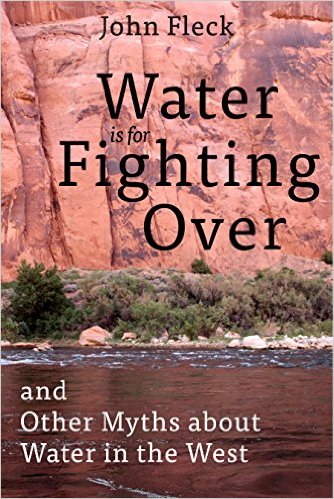Visiting speaker busts water myths
Author and journalist John Fleck says misinformation makes it difficult to discuss the best way to manage H20
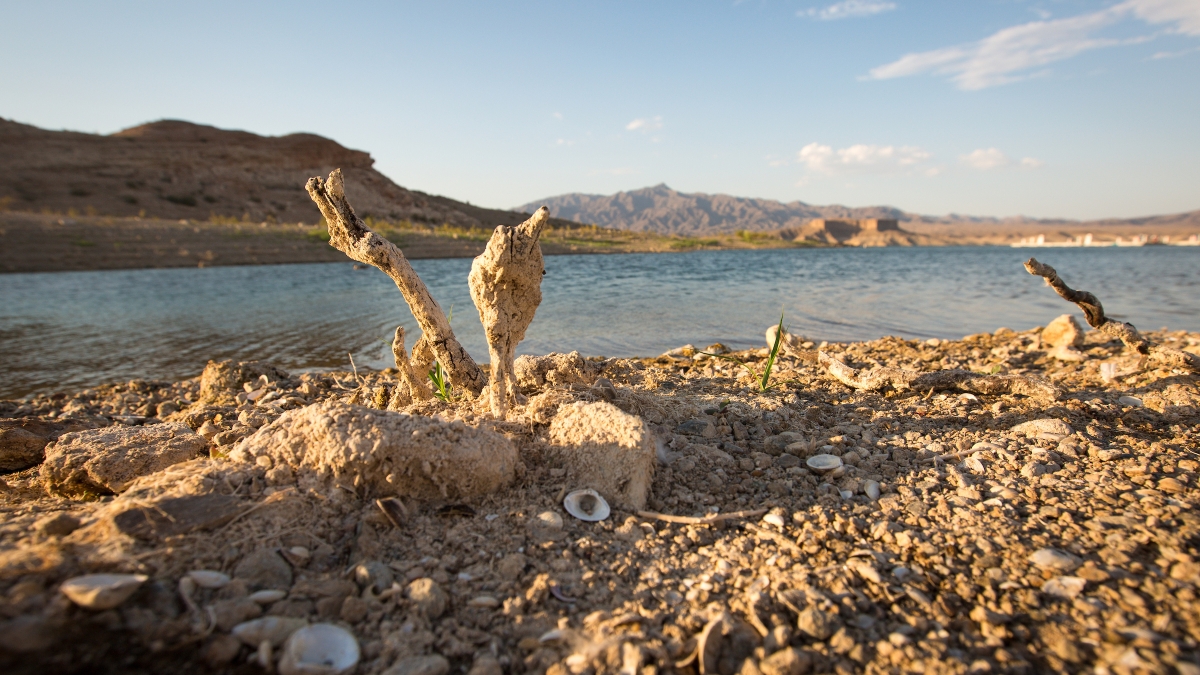
“Whiskey is for drinking, water is for fighting,” runs an old saw about water in the West, sometimes attributed to Mark Twain.
Trouble is, there are two problems with the adage. It hasn’t been true in more than a century, and Twain never said it.
Busting myths about water was the subject of a talk given Tuesday morning at Arizona State University by author and journalist John Fleck, director of the water resources program at the University of New Mexico.
The lecture was titled “How Much Water Does Arizona Need?” It’s part of an ongoing conversation at ASU, where researchers from a range of disciplines study every facet of the faucet, from science and conservation to law and policy.
Fleck, who has covered water for about 30 years, published a book last year: "Water is for Fighting Over: and Other Myths about Water in the West." He debunked common delusions and folk wisdom, like the saying “Water flows uphill toward money.”
While the aphorism refers to the massive 20th-century infrastructure projects like Hoover Dam and the Central Arizona Project canal, it also references the myth that rich communities take water from poor communities.
The opposite is true, Fleck said. He compared Las Vegas to California’s Imperial Valley.
“You can see these buildings around the Bellagio (fountain) and they represent about $6 billion” in revenue and income, he said.
By comparison, the total take from agriculture in the Imperial Valley is about $2 billion. “Yet, Imperial gets 10 times as much water as Las Vegas,” Fleck said. “Imperial is not going to give up their water, and Las Vegas has no way of taking it away.”
Locally, that example extends between the lettuce farmers of Yuma County and metro Phoenix in central Arizona. “In general, the notion that the rich communities will take water from poor communities is not true,” Fleck said.
Myths such as those make it difficult to establish collaborative relationships, Fleck said.
“Overcoming those myths becomes an important piece for water management to move forward in the Colorado River Basin,” he said.
So how much water does Arizona need? “I don’t know,” Fleck said. “Probably less than you think you need.”
A phenomenon rarely discussed in water circles, according to Fleck, is that per capita consumption is declining in Western cities. “Economists call this ‘decoupling,’” he said. “This is especially true in Arizona. ... Users are just doing this. Attitudes are changing.”
Decoupling gives water managers the opportunity to create more collaborative decision making, Fleck said. Technology like low-flow faucets, showerheads and toilets now use half the water they did 25 years ago, and “adaptive capacity,” or human flexibility in learning to live with drought conditions, has quietly disrupted the apocalyptic nature of most water reporting.
Decoupling also puts to bed discussions about finding huge sources of water elsewhere, like building a pipeline from the Columbia River or towing icebergs down from Alaska.
“I think this is a conversation we’re going to be having for the rest of our lives,” Fleck said.
The lecture was sponsored by ASU's Future H2O, the Kyl Center for Water Policy at the Morrison Institute, and the Decision Center for a Desert City.
Top photo: The receding water reveals the decay on the lake bed of Lake Mead, at the Temple Bar Marina in July 2016. Photo by Charlie Leight/ASU Now
More Environment and sustainability
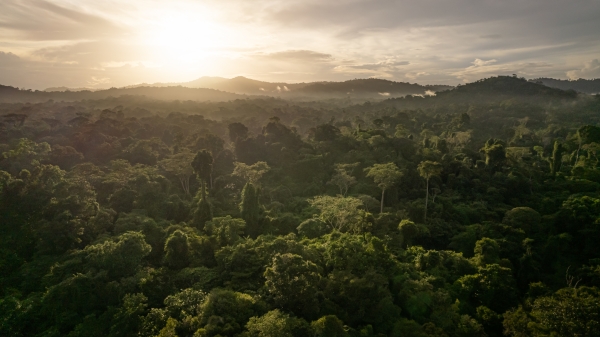
Study: Conservation actions highly effective at halting, reversing biodiversity loss
A new study, led and contributed to by Arizona State University faculty, provides the strongest evidence to date that not only is nature conservation successful, but that scaling up conservation…
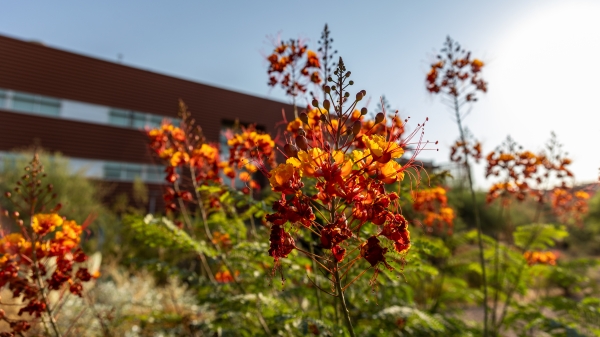
Barrett Honors College to host nature walks for science, relaxation
Barrett, The Honors College at Arizona State University is gearing up to participate in the City Nature Challenge (CNC) for the fourth consecutive year. This annual event, taking place April 26–29,…
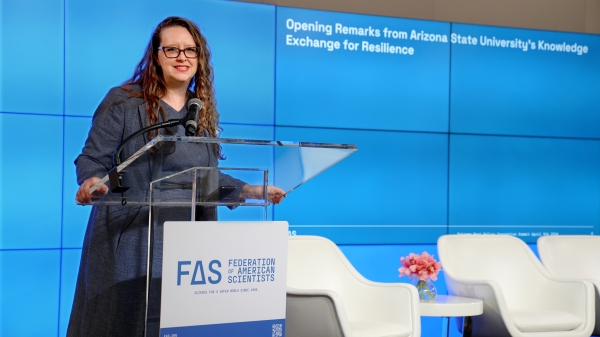
Arizona adapting to heat crisis with initiatives featured in ASU report
Arizona State University's Knowledge Exchange for Resilience, also known as KER, released its Recommendations Report on Extreme Heat Preparedness earlier this April during a summit in the nation's…
